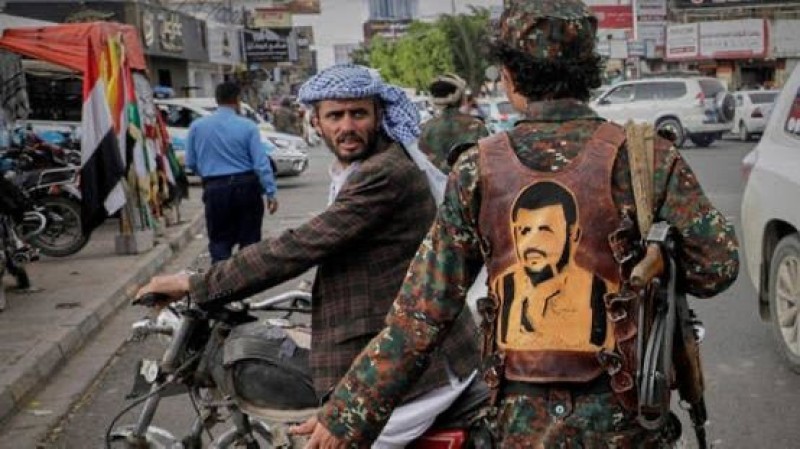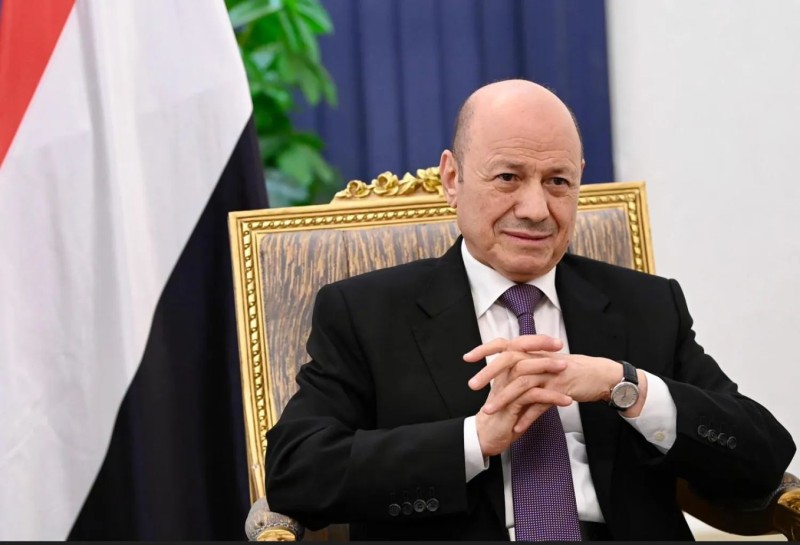Government of Japan support to WHO response in Yemen


Contributions from the Government of Japan have been crucial to WHO’s health response in Yemen. Between 2016 and 2019, the Government of Japan generously supported WHO’s humanitarian response with over US$ 11 million, allowing WHO to reach over 824 000 people with essential healthcare services and ensure the continuation of life-saving programmes.
In 2019, donations from Japan will continue to allow WHO to scale up its capacity-building activities for national health care personnel. These activities will target thousands of health professionals across the country, building on their capacity to deliver pre-hospital care.
“Health care workers are one of the most critical components to successful health care delivery. The conflict resulted in a massive exodus, with tens of thousands of health care personnel fleeing for their safety. Those left behind require training to ensure that they are able to handle overwhelming numbers of patients to deliver quality care to the people,” said Altaf Musani, WHO Representative in Yemen.
This hospital network of trained healthcare workers is responsible for emergency medical care within Aden governorate, as well as tertiary level care focused on patients who have sustained traumatic injuries from the conflict. In addition, hygiene and sanitation supplies will be procured and delivered to hospitals in support of infection, prevention and control protocols. Trained staff will deliver pre-hospital care services, medical supplies and medicines for trauma care, benefitting up to 1.8 million people living in the communities closest to these national public hospitals.
WHO’s partnership with the Government of Japan will also enable WHO to improve the quality of trauma care response, ensuring access to essential health care services at primary health care and referral levels for affected communities, especially those closest to the frontlines.
WHO renews its gratitude to the People of Japan for their continued efforts in alleviating the suffering of hundreds of thousands of people across Yemen.
More than 4 years of sustained conflict has left almost 20 million people in need of adequate access to healthcare and over 24 million people in need of some form of humanitarian or protection assistance — a stark 10% increase since 2018.
In February of this year, donors pledged $2.6 billion for humanitarian action in Yemen, and while these pledges are encouraging, nearly four months into the year the Humanitarian Response Plan for 2019 remains only 10% funded—80% less than what was received at this time last year.
AFP.

Sana’a – The occupied Yemeni capital Sana’a is witnessing mounting economic panic and a sharp collapse in the real estate market…

Aden – The vessel Kota Nanhai departed Al-Mualla Container Terminal at Aden Port this evening after completing the unloading of 457 standard…

Aden — Yemen’s Presidential Leadership Council Chairman Rashad al-Alimi held talks with Central Bank Governor Ahmed Ghalib to review th…